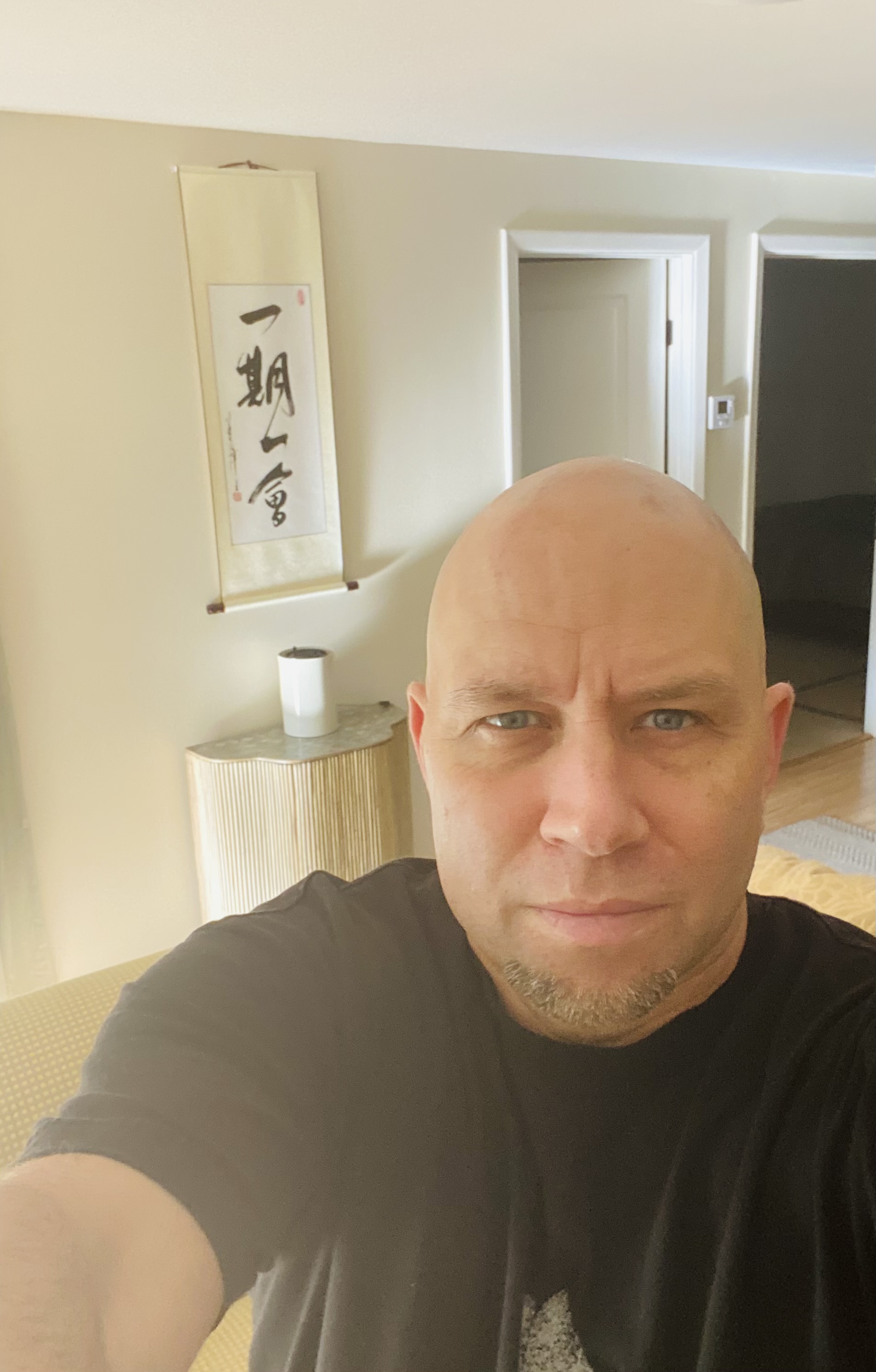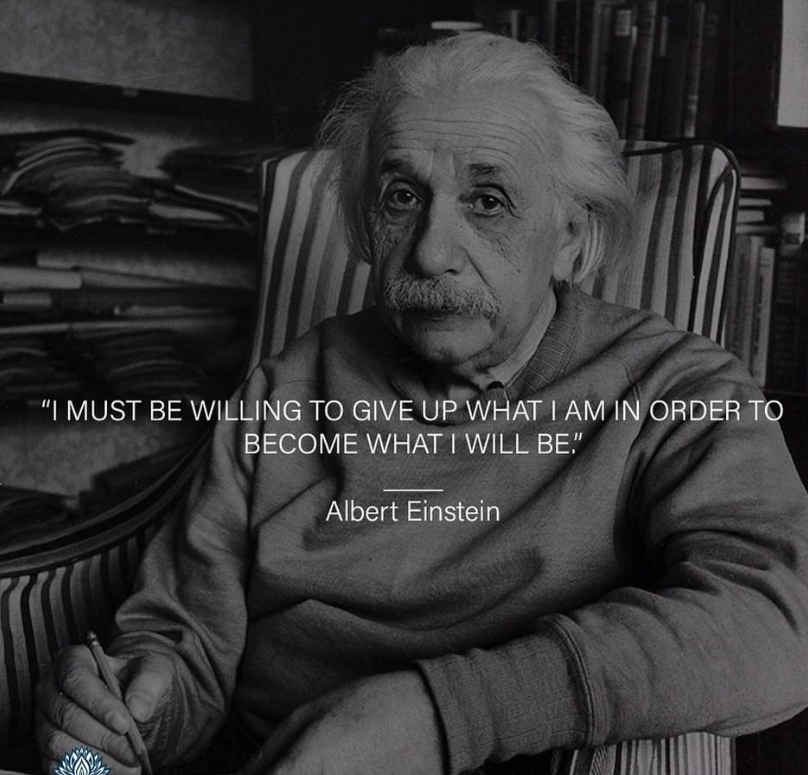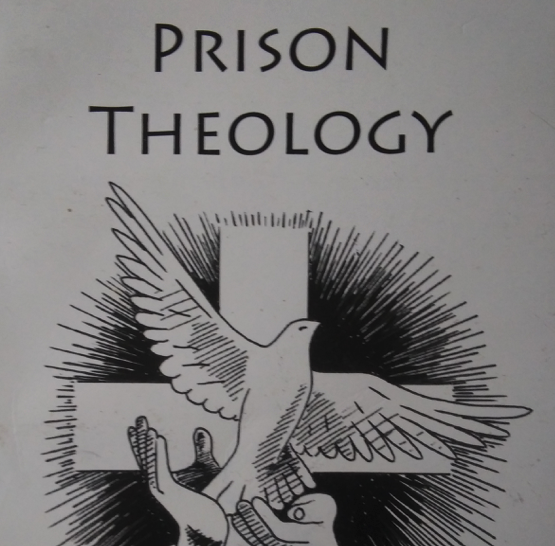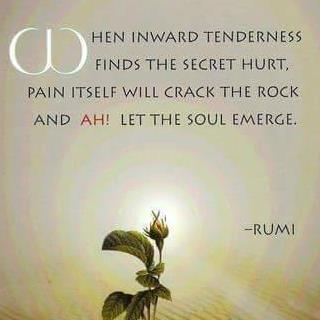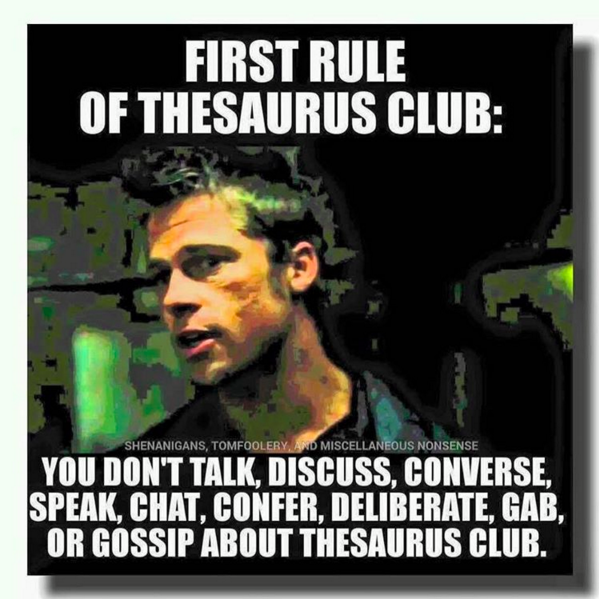Show Notes
Part 2 the Panels opens to discuss:
- 'What makes us come alive?'
- 'What is your 'note' in life?' (Rumi's 'be your note.')
How do we attune to spiritual teachers?
How do we know who our spiritual teachers are meant to be?
Moments that open and we lose sense of time, time falls away:
- Activity
- When meeting new people, old karmic connections?
- In our Dharma, our work
- Henry's discussions, Sohbet, mystical discussions on mystical subjects, with his teacher.
- How do we find what makes us home in the world?
- How do we cultivate spiritual discernment in Life?
- The World as ourself
- Is there preparation to receive 'flow' states?
- Where does the spiritual path begin?
- What are the implications of having a guide or spiritual teacher?
- Teachers seeing into their students
- Tears as an indicator of one's spiritual path
- Sufism as a path of 'heart'
- Karma of helping others as way of being helped
We end with two poems from Ikkyu:
Raincoat and Straw Hat
Woodcutters and fishermen know just how to use things.
What would they do with fancy chairs and meditation platforms?
In straw sandals and with a bamboo staff, I roam three thousand worlds,
Dwelling by the water, feasting on the wind, year after year.
I Hate The Smell of Incense
A master's handiwork cannot be measured
But still priests wag their tongues explaining the 'Way' and babbling about 'Zen.'
This old monk has never cared for false piety
And my nose wrinkles at the dark smell of incense before the Buddha.
Biographies of Panel:
Dr. Bob Insull is an New York State Licensed Psychologist with more than 60 years experience teaching, training, and treating in the arena of human behavior. In his clinical practice, he has worked across the developmental stages (children to golden-agers), across the diagnostic spectrum (chemical dependency, severe mental illness, relationship issues, depression, anxiety, and PTSD), and treatment settings (clinics, inpatient psychiatric centers, and private practice). During the closing years of his practice, he became interested in the area of psychological trauma and worked with survivors in individual and group settings. He has been retired from active practice for about 15 years and spends his time engaged in self-discovery on the Sufi Path and social-change activities with his church.
Brian Mistler is a hillbilly from rural Missouri, he has spent his life investigating Reality and learning about the apparent world. He has lived as a computer scientist, psychologist, running and growing some successful businesses, helping others entrepreneurs, hospitals, and healthcare providers. In 2021, Brian had a partially debilitating nerve injury and soon after met a true Vedanta teacher who spent 30+ years in India and trained under Swami Chimayananda, Sawmi Dayananda, and others. He now studys and disseminate non-dual wisdom through writing and conversation. The Om/Aum is a reminder of this fact.
Richard Grego is Professor of philosophy and cultural history at FSCJ. His research interests focus on cross cultural themes in religion and science - including philosophy of mind, comparative world religions/world civilizations, and the metaphysical - theological implications of theoretical physics and cosmology. His publications have included studies in the history - philosophy of science and conceptions of nature in the history of western philosophy, as well as cross-cultural perspectives on mind/ consciousness in western philosophy - psychology and the neo-Vedanta Hindu tradition. Prior to his academic career, he was a criminal investigator - polygraph examiner for the Florida Office of the Public Defender and in the private sector Instructor at the Criminal Justice Institute and International Academy of Polygraph Science in Florida, and national Academic Director of the Criminal Defense Investigation Training Council.
Joel David Lesses is President and Executive Director of Education Training Center, Inc. and his work experience is in education, psychology, and counseling for people marginalized by trauma, addiction, and psychological distress. He is deeply vested in addressing the effects of mental health distress and its marginalization including, incarceration, homelessness, and institutionalization. Joel is dedicated to reframing mental health distress as a potential spiritual marker and existential opportunity. He holds dual Master of Science degrees from University at Buffalo in Rehabilitation Counseling and Biomedical Sciences with a concentration in Epidemiology.
Henry Cretella, M.D. studied and practiced Tibetan Buddhism for several years along with training in martial arts. He then immersed himself in the more universal Sufism of Inayat Khan, an Indian mystic, for close to twenty years. He functioned as a senior teacher in the Inayati Order and the Sufi Healing Order before pursuing his independent practice and study of mysticism. He now integrates what he has learned and experienced over these many years. He graduated from Vanderbilt Medical School and completed his psychiatric training at Strong Memorial Hospital of the University of Rochester in Rochester, NY. His professional career spanned over 40 years as a general and child and adolescent psychiatrist and included teaching, administration, clinical practice and consultation in the greater Rochester and western NY areas. This, along with his spiritual and especially mystical interests lead him to certification as a mind body practitioner through the Center for Mind Body Medicine and Dr. James Gordon. He retired several years ago from active psychiatric practice, but continues to incorporate what he has learned into his spiritual practices and offerings.
